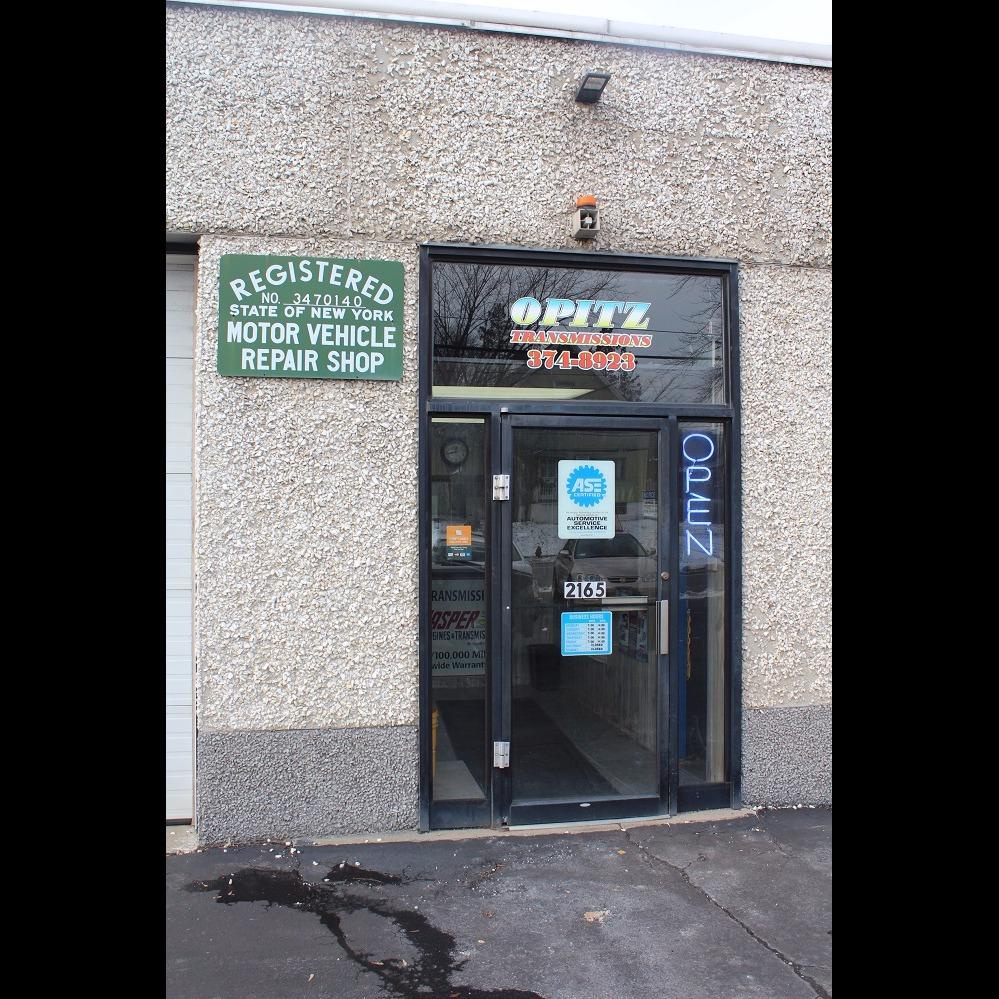It is a good idea to keep our contact information in your owner’s manual, and keeping the manual in your glove box. In the event of a breakdown, you do not want to be digging around trying to find help.
Numerous issues may indicate transmission troubles are brewing. If your car won’t shift properly through the gears, the engine revs faster than usual before it shifts into a higher gear, or it idles at a higher than normal rate, it’s time to have your transmission checked.
Is it time to have your transmission checked? The answer is yes, if the transmission is shifting roughly, or you hear a clunking noise when you shift into drive or reverse or try to change gears.
There are certain warning signs that clearly indicate that your transmission needs repair. Some of them include gears slipping, constant grinding while driving or a burning smell. By detecting early signs, you can limit damage and save money on repairs.
So those minutes spent in traffic seem to go on forever, but if you add them all up, you may be surprised about the statistic. If you consider yourself an average American, you may spend around 38 hours a year stuck in rush hour, that’s pretty much a day and a half.
Are you experiencing some changes in the driving characteristics of your car such as shifting, slipping or some kind of noise? If yes, your vehicle and vehicle transmission need to be checked immediately for safety and economy.
If your car is losing power or speed, it might indicate a problem with the transmission. A sluggish engine is often caused by low fluid levels or fluids that are old, dirty and damaged by high engine temperatures.
If your car acts as if it is stuck in first gear, the problem could be bad transmission fluid, a kick-down cable problem, or worse. Call us for an appointment. We will test your transmission to determine if it needs repairing or replacement.
When a transmission is shifting roughly, erratically, or it has delays or lags in shifting, and the transmission fluid level is at the proper level, a complete check is needed to identify the problem.
If caught early, transmission problems can sometimes be a pretty quick and easy fix, but if you let them sit for a while, they can quickly lead to problems that will need entire transmission rebuilds. That’s why it’s a good idea to be better safe than sorry when it comes to transmissions.
If, during the first few moments of operation, your car refuses to move or has a delay in shifting, it might have some kind of transmission problem. This problem is jokingly referred to as “morning sickness.”
When you shift on your manual transmission, do you get a surge of RPMs that doesn’t seem to fit how fast the car is going? This could be a sign that your clutch needs to be replaced, but a transmission expert can get to the bottom of it.
If your vehicle doesn’t create any noise and is operating properly, it can be virtually considered as safe. In such case, regular checkup won’t cost you much and you can stay assured that your vehicle is safe on road.
If a transmission leak is left, it can cause corrosion to other parts of the engine. It’s best to have a pro look at the issue as soon as possible. Pumps and seals are all susceptible to deterioration from leaky transmissions.
Did you know that seatbelts were actually designed with an open patent, available to everyone? The three point design was made completely free when Sweden’s Volvo made it, and good thing too, as this design saves a life every 6 minutes.
When your transmission is having a clutch problem, this can cause violent shaking under the vehicle, as well as high heat levels and a sharp drop in power from the engine. If these are happening, then you should take your car to a transmission expert soon.
It is a common belief that cars with manual transmissions are cheaper to buy. While this does make sense, the current trend is working towards pricing both manual and automatic cars exactly the same.
Do you know why automatic transmission repair is so costly? Automatic transmissions consist of thousands of individual components. During repairs, each one needs to be removed, cleaned, and inspected separately which drives up the cost.
When we check your transmission fluid, we’re looking for signs of potential problems. Fluid with a deep brown color that smells burnt or carries the odor of varnish is a classic indicator the transmission is beginning to wear.
When replacement is the last thing on your budget, there will always be an option i.e. getting your faulty transmission repaired by our expert technicians.
While some manufacturers claim transmission fluid lasts up to 100,000 miles, this isn’t a universal truth. In fact, many modern transmissions last longer and perform better if the fluid is checked every 30,000 miles and changed if necessary.
Did you know that the check engine light is sometimes a great early indicator that something is starting to go wrong with your transmission? In newer cars, sensors can pick up vibrations and early problems that you may not even be able to feel or see.


